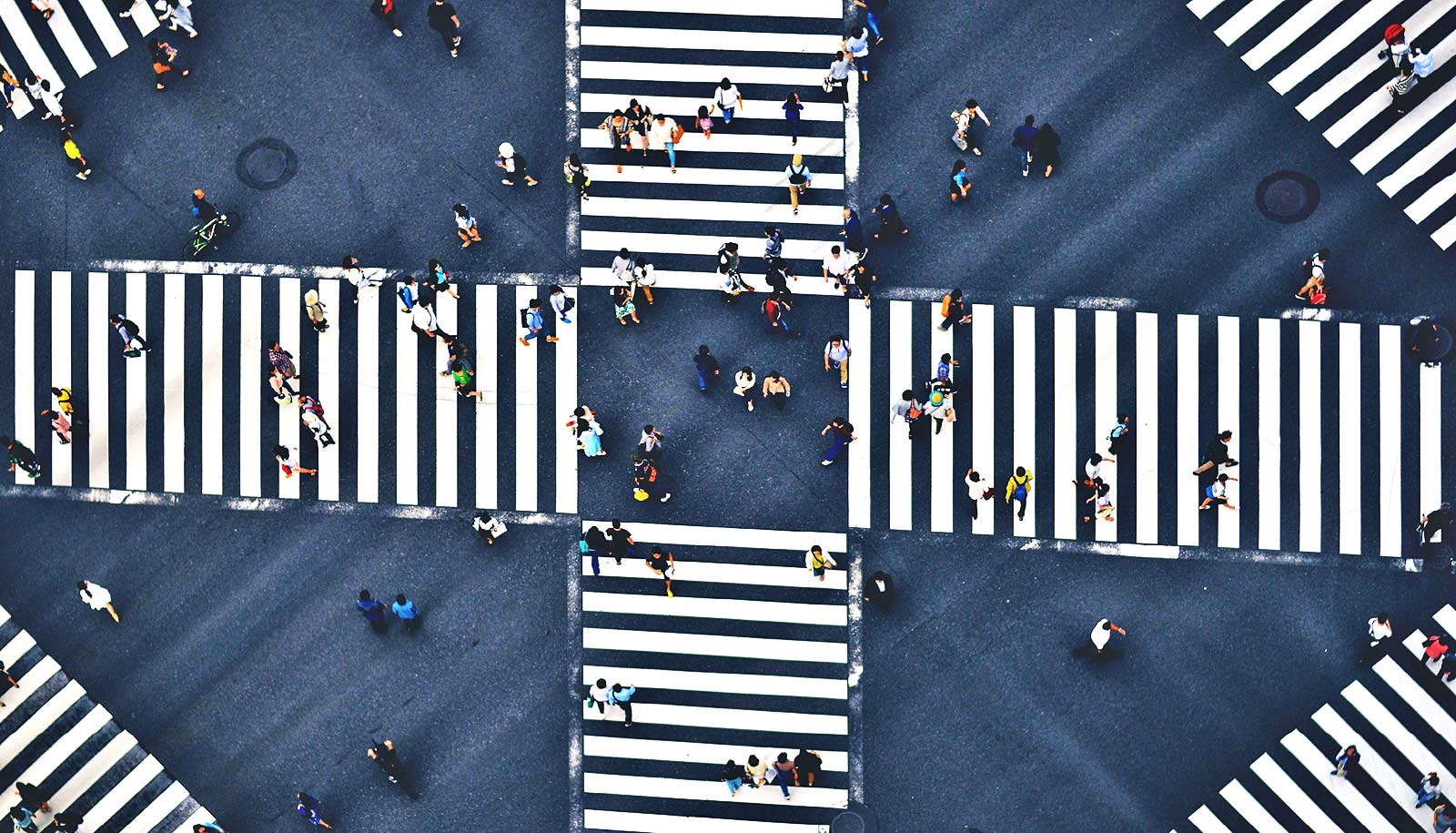Big data can help determine how to increase human connection in cities via things like increased transportation, while reducing obstacles like crime and segregation, research suggests.
Luis Bettencourt is a theoretical physicist by training, but rather than study black holes or string theory, he uses data to better understand cities in new and predictive ways.
He’s spent his career studying complex systems—first as a researcher at the Santa Fe Institute and now as director of the Mansueto Institute for Urban Innovation at the University of Chicago.
Those systems encompass any linked group of things, from ant hills to financial systems, and Bettencourt says cities are some of the most interested complex systems of change, the likes of which have rarely been seen in nature.
Cities make us forget what’s great about nature
“Cities are really the places where people come together and change is generated,” Bettencourt says. “Cities are really these nexus, these inventions by which humans can amplify their capabilities and create a lot of changes.”
On this episode of the podcast Knowledge Applied, we talk with Bettencourt on how he’s combining science and policy and using data to capture “the magic of cities for the common good.”
You can subscribe to the podcast on iTunes and Stitcher.
Source: University of Chicago



